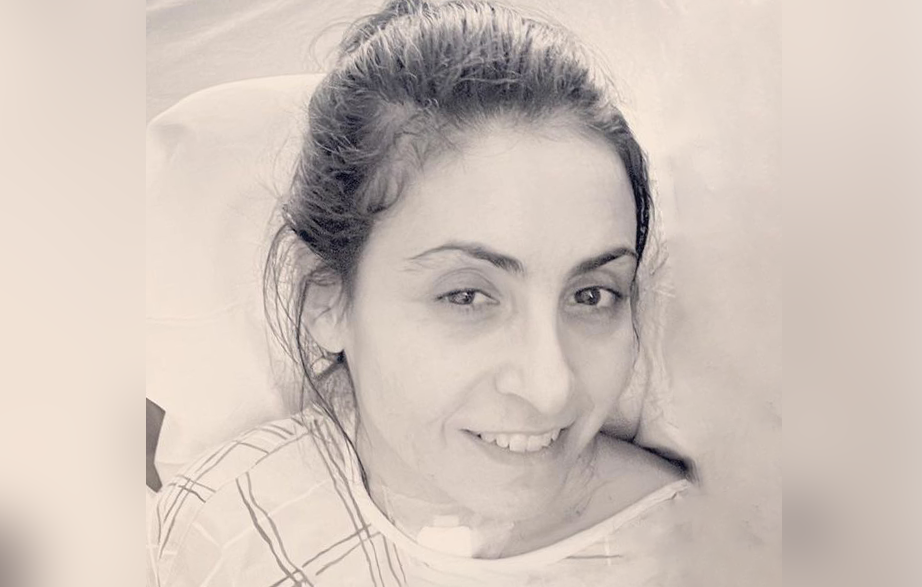A woman in New York almost died after a rare, life-threatening brain inflammation that she confused with a head cold. Earlier this year, in January, the young woman began experiencing cold and flu symptoms that she just “couldn’t shake.” “My doctor told me to go to the emergency room, they gave me fluids and sent me home. The next day, I was even worse. My parents came to my apartment and took me back to the ER.
Everything went downhill from there,” Amy told TODAY. “I had a fever and headache and was vomiting. I had terrible pressure in my head that felt like it was going to explode. My mother noticed that my speech was slurred. My vision was blurry, I was drooling and couldn’t swallow. The last thing I remember is a young ER doctor suggesting a spinal tap. Once the procedure was done, I went into a coma,” she continued.
Gruenhut had to be transferred to a neurological ICU and placed on a ventilator. She only regained consciousness two weeks later but when she did, the New Yorker could not speak, walk, eat, or breathe on her own. After many CT scans, MRIs, and blood tests, she tested positive for enterovirus and was diagnosed with viral encephalitis, which is an inflammation of the brain caused by a viral infection.
Gruenhut was then treated with intravenous immunoglobulin (IVIG) infusions which fights the infection. “It was crucial for the doctors to lower my fever and ease the pressure caused by the brain inflammation. Some of the treatments aimed at reducing my symptoms included steroids to reduce brain swelling, anticonvulsant drugs to prevent seizures and sedatives to calm me down,” she added.
She remained at Mount Sinai Hospital for two months and then underwent a tracheostomy to relearn how to talk using a speaking valve. The determined woman learned how to walk again with the help of therapists. “Survivors of encephalitis can suffer neurologic consequences, which can be long-term and even permanent. It was critical for me to initiate physical therapy, speech therapy, and occupational therapy,” she explained, adding that her speech was the only ailment due to the nerve damage in her tongue.
“I’ve now been out of the hospital for five months. I feel grateful to be alive. I’ve learned to walk without assistance, and now I can even run. I can eat, speak and do all the basic, daily life tasks that so many of us take for granted,” she shared in her essay.

